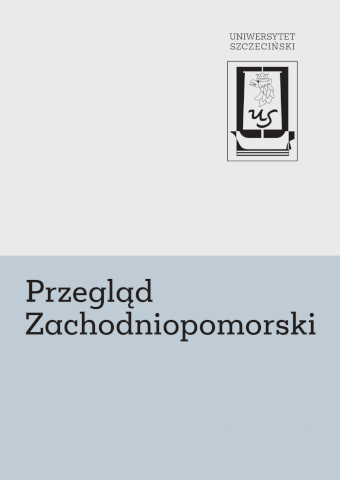| 1. | Ustawa z dnia 10 kwietnia 1997 r. Prawo energetyczne, Dz.U. 1997, nr 54, poz. 348. |
| 2. | Ustawa z dnia 26 kwietnia 2007 r. o zarządzaniu kryzysowym, Dz.U. 2007, nr 89, poz. 590. |
| 3. | Program Platformy Obywatelskiej RP, Państwo dla obywateli. Plan rządzenia 2005–2009, Instytut Państwa i Administracji, Warszawa 2005. |
| 4. | Program PO, Polska zasługuje na cud gospodarczy. Platforma Obywatelska. By żyło się lepiej. Wszystkim!, Warszawa 2007. |
| 5. | Kunikowski J., Turek A., Bezpieczeństwo i dyplomacja. Słownik terminów, Warszawa 2011. |
| 6. | Leksykon bezpieczeństwa wewnętrznego, red. W. Fehler, J. Piątek, R. Podgórzańska, Szczecin 2017. |
| 7. | Bezpieczeństwo międzynarodowe teoria i praktyka, red. K. Żukrowska, M. Grącik, Warszawa 2006. |
| 8. | Bezpieczeństwo Polski. Historia i współczesność, red. L. Antonowicz, T. Guz, M.R. Pałubska, Lublin 2010. |
| 9. | Bojarski W., Bezpieczeństwo energetyczne, „Wokół Energetyki” 2004, nr 3. |
| 10. | Chmielewski A., Bezpieczeństwo energetyczne państwa. Geopolityczne uwarunkowania, Warszawa 2009. |
| 11. | Domagała M., Bezpieczeństwo energetyczne. Aspekty administracyjno-prawne, Lublin 2008. |
| 12. | Dziembowski Z., Infrastruktura jako kategoria ekonomiczna, „Ekonomista” 1985, nr 4–5. |
| 13. | Kopaliński W., Słownik wyrazów obcych i zwrotów obcojęzycznych, Warszawa 1989. |
| 14. | Koziej S., Bezpieczeństwo: istota, podstawowe kategorie i historyczna ewolucja, „Bezpieczeństwo Narodowe” 2011, nr 18. |
| 15. | Młynarski T., Bezpieczeństwo energetyczne w pierwszej dekadzie XXI wieku. Mozaika interesów i geostrategii, Kraków 2011. |
| 16. | Migalski M., Wojtasik W., Mazur M., Polski system partyjny, Warszawa 2006. |
| 17. | Miszczyński M., Ograniczenia energetyczne a rozwój gospodarczy, Łódź 2001. |
| 18. | Soroka P., Bezpieczeństwo energetyczne: między teorią a praktyką, Warszawa 2015. |
| 19. | Wielowymiarowy charakter współczesnego bezpieczeństwa, red. M. Cupryjak, Z. Kozak, J. Pilżys, Szczecin 2015. |
| 20. | Współczesne partie i systemy partyjne. Zagadnienia teorii i praktyki politycznej, red. W. Sokół, M. Żmigrodzki, Lublin 2003. |
| 21. | Zarządzanie logistyczne w sytuacjach kryzysowych. Historia – teraźniejszość – przyszłość, red. M. Cupryjak. J. Pilżys, Szczecin 2013. |
| 22. | Oficjalna strona Państwowej Komisji Wyborczej, www.pkw.gov.pl. |
| 23. | Oficjalna strona Platformy Obywatelskiej, www.platforma.org. |







